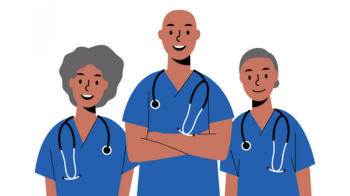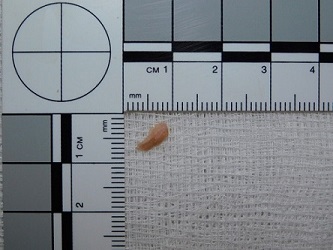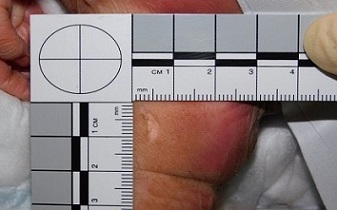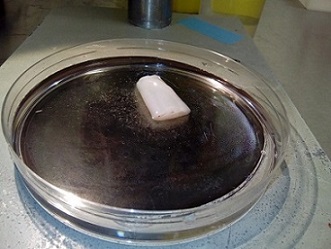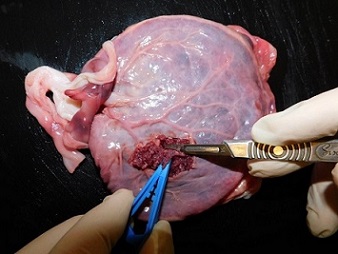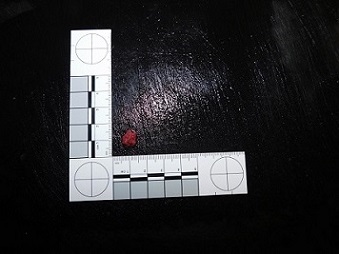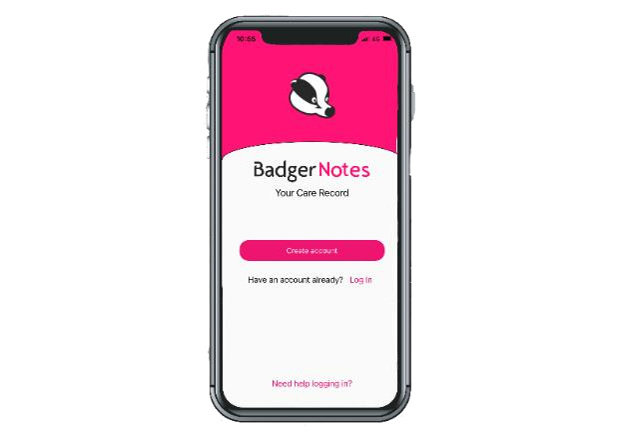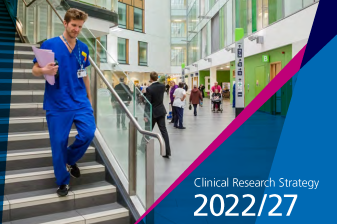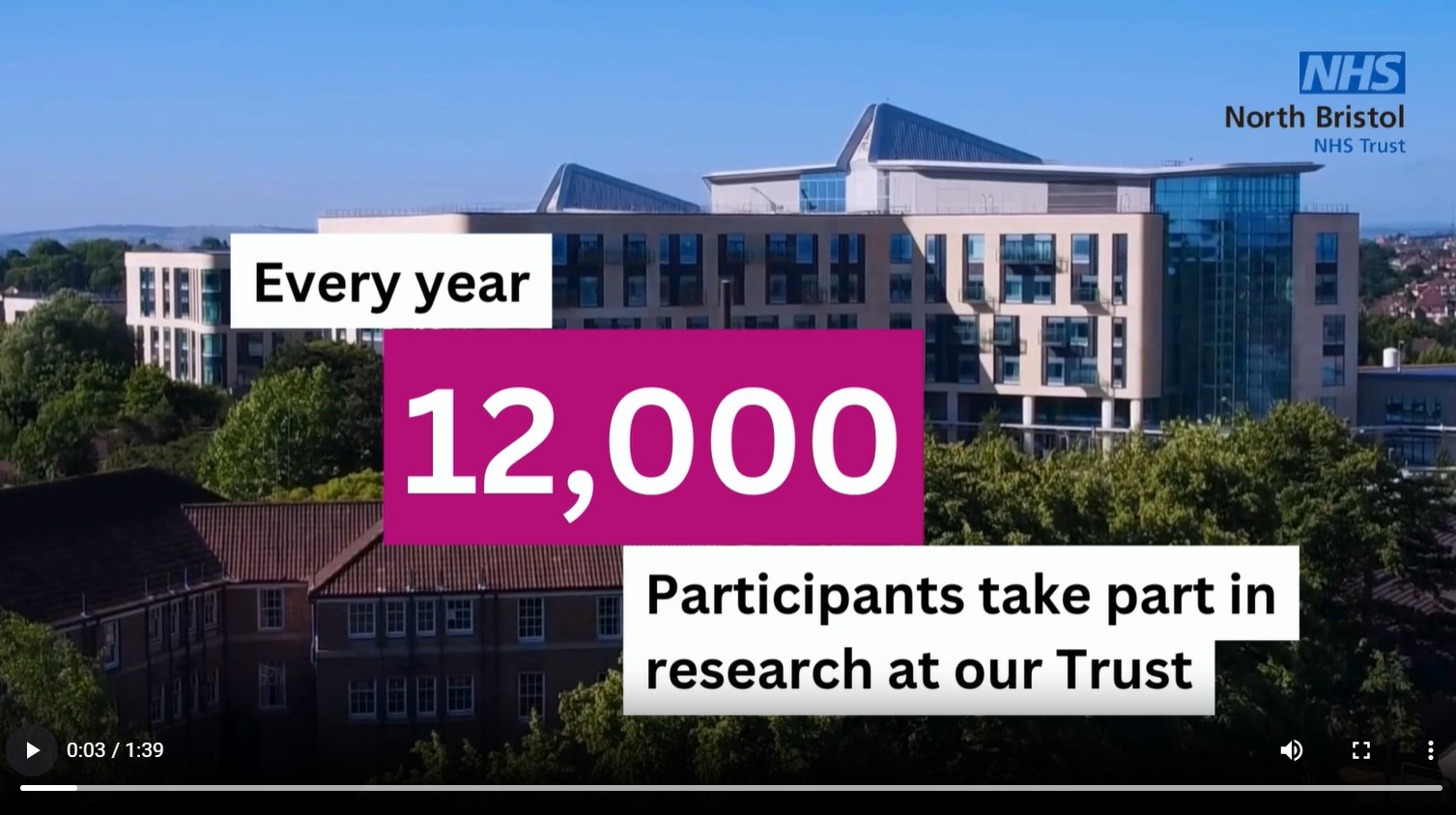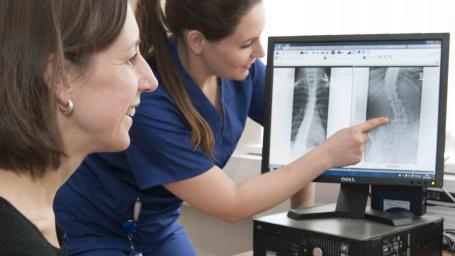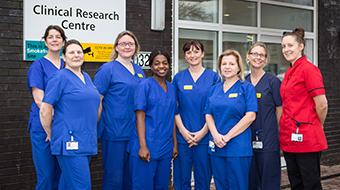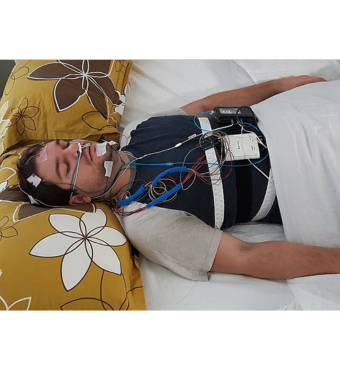Smoking in Pregnancy
Smoking during pregnancy is linked to numerous health complications for both mother and baby.
There are thousands of harmful chemicals in cigarettes that enter the bloodstream and are passed to the developing baby.
Stopping smoking by 15-weeks reduces your chance of having a small baby or delivering prematurely.
Stopping smoking at any point in pregnancy immediately benefits you and your and baby.
Benefits of stopping smoking
Quitting smoking at any time during pregnancy is the best thing you can do to improve your baby’s health, growth and development. It is also the single most important thing you can do to improve your long-term health. Some of the benefits include:
- Fewer complications during and after pregnancy
- Reduced risk of miscarriage
- Reduced risk of stillbirth
- Reduced risk of premature birth – this can cause additional breathing, feeding and health complications
- Reduced risk of sudden infant death (also known as cot death)
- The baby is more likely to be born a healthy weight – this means it is better-equipped to cope with labour and is less prone to infections in the first few months
What support can we offer?
We know that stopping smoking is difficult, so we offer dedicated support for at least 12 weeks.
Our friendly Treating Tobacco Dependency (TTD) advisors can help to identify strategies and tools to manage nicotine cravings. There are various nicotine replacement therapies (NRT) which are safe to take while pregnant – the hospital can supply these for free.
The combination of counselling and NRT is 3 times more likely to result in a successful quit attempt.
Carbon Monoxide (CO)
- Carbon monoxide is an odourless, colourless, poisonous gas that can have a devastating effect on pregnancy. When it is breathed in, it enters the bloodstream and passes to the baby through the placenta.
- High levels of CO in the body during pregnancy prevent the baby from receiving the oxygen it needs to develop. This can cause miscarriage, stillbirth and premature birth. It also increases the risk of the child developing certain complications later in life.
- The most common cause of high CO levels is cigarettes – this can be through smoking or breathing in second-hand smoke from someone else at home.
- Other reasons for a high CO reading can include incorrectly installed or faulty cookers or boilers, faulty car exhausts, blocked chimneys or high levels of pollution. Barbeques and wood-burning stoves can also raise CO levels.
- We check carbon monoxide levels at every appointment using a CO monitor. This helps us to provide the right advice and support.
- We can help identify the cause of high CO levels and offer support to reduce the resulting risks.
Get in touch
Our Treating Tobacco Dependency advisors are happy to talk, even if you have not yet decided whether you would like to stop smoking. Please get in touch to find out more.
Email: TTDMaternity@NBT.nhs.uk
Text ‘Quit’ to 07407 817 470
Better Health
Check out more information on the Better Health website.
Useful resources
NHS Inform: Calculate My Savings
Tommy’s - 7 Common Myths about Smoking
Tommy’s - 10 Great Reasons to Quit Smoking
App
NHS Quit Smoking App
A 28 day programme that puts practical support, encouragement, and tailored clinical advice in the palm of your hand. Available from the App Store or Google Play.
How to contact us
Brunel building
Southmead Hospital
Westbury-on-Trym
Bristol
BS10 5NB
If you or the individual you are caring for need support reading this information please ask a member of staff for advice.
If you’re an overseas visitor, you may need to pay for your treatment or you could face fraud or bribery
charges, so please contact the overseas office:
- Tel: 0117 414 3764
- Email: overseas.patients@nbt.nhs.uk



